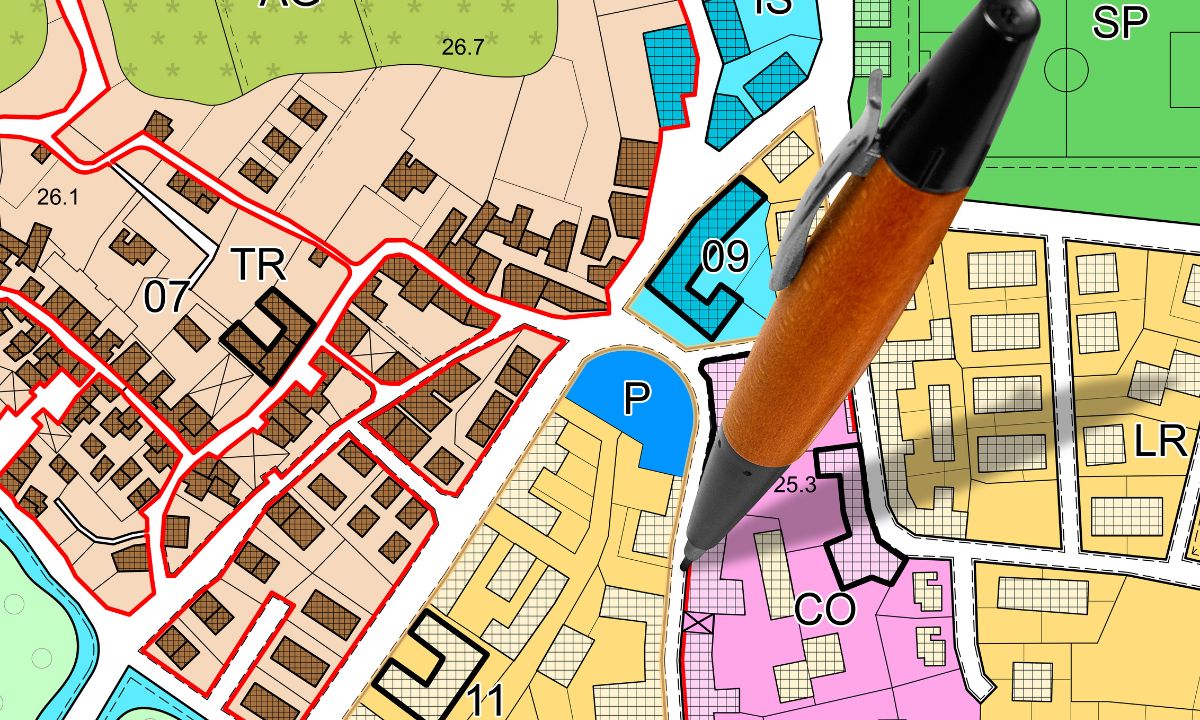 Purchasing a home is an exciting milestone, but it’s important to be aware of the various factors that can influence your decision. One often overlooked yet crucial aspect is understanding zoning laws and regulations. These rules can significantly impact your property rights and the future use of your home. We will discuss what zoning laws are, why they matter, and how they can affect your homebuying experience.
Purchasing a home is an exciting milestone, but it’s important to be aware of the various factors that can influence your decision. One often overlooked yet crucial aspect is understanding zoning laws and regulations. These rules can significantly impact your property rights and the future use of your home. We will discuss what zoning laws are, why they matter, and how they can affect your homebuying experience.
What Are Zoning Laws?
Zoning laws are local regulations that dictate how properties in specific geographic zones can be used. These laws are established by local governments and are designed to ensure that land use is orderly and beneficial for the community. Zoning laws can cover various aspects, including:
- Residential, Commercial, and Industrial Use: Zoning laws specify which areas can be used for residential homes, commercial businesses, or industrial purposes.
- Building Size and Placement: Regulations may limit the height of buildings, the percentage of land that can be covered by structures, and the distance buildings must be set back from property lines.
- Density: Zoning can control how many housing units can be built on a particular parcel of land.
- Environmental Protections: Some zones may have restrictions to protect natural resources, such as wetlands or coastal areas.
Why Zoning Laws Matter to Homebuyers
Understanding zoning laws is essential for homebuyers because these regulations can affect your current and future use of the property. Here are some reasons why zoning laws matter:
- Property Use: Zoning laws determine what activities can take place on your property. For instance, if you’re planning to run a home-based business, you’ll need to ensure that the zoning laws in your area allow for such use.
- Future Development: If you’re buying a home in an area that is zoned for high-density development, there may be future construction projects nearby that could affect your property’s value and your quality of life.
- Home Modifications: Zoning laws can restrict how you can modify your home. For example, if you want to build an addition or install a swimming pool, you’ll need to comply with local zoning regulations.
- Investment Potential: Understanding zoning laws can help you assess the investment potential of a property. Properties in well-regulated zones may maintain their value better than those in poorly regulated areas.
How to Research Zoning Laws
Before purchasing a home, it’s important to research the zoning laws that apply to the property. Here are some steps to help you get started:
- Visit the Local Planning Department: Most local governments have a planning or zoning department where you can access zoning maps and regulations.
- Check Online Resources: Many municipalities provide online access to zoning maps and codes. Websites like your local government’s planning department page are valuable resources.
- Consult with a Real Estate Agent: A knowledgeable real estate agent can help you understand the zoning laws that apply to the properties you’re considering.
- Hire a Zoning Attorney: For complex situations or significant investments, it may be wise to consult with a zoning attorney who can provide expert advice and help navigate any legal challenges.
Understanding zoning laws and regulations is a vital part of the home buying process. These laws influence how you can use and modify your property and can impact its long-term value. By taking the time to research and understand the zoning laws in your area, you can make more informed decisions and avoid potential legal issues down the road.
